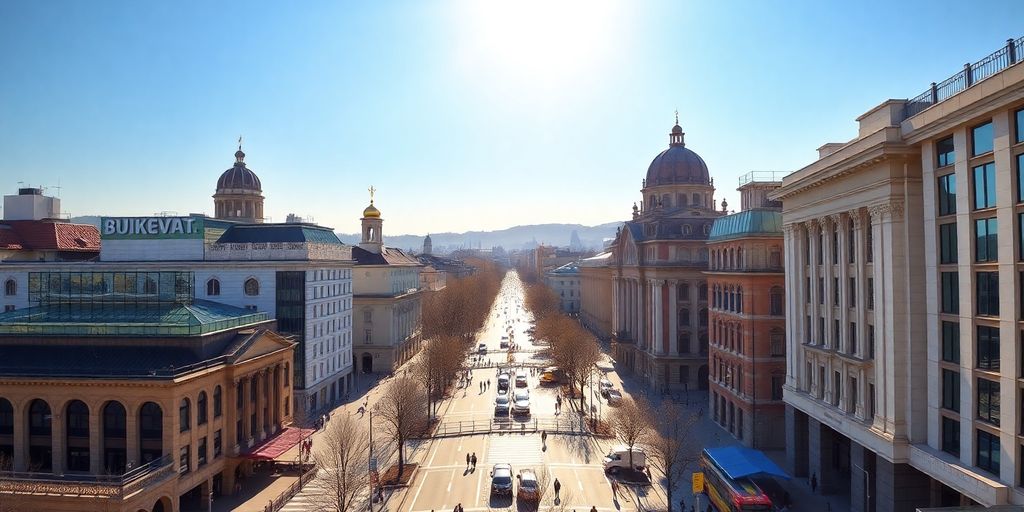Bulgaria is on the brink of significant economic transformation as it approaches potential membership in the Eurozone. Recent reports highlight a surge in house prices and optimistic economic forecasts, suggesting a robust economic environment that could facilitate this transition.
Key Takeaways
- Bulgaria has recorded the highest annual rise in house prices within the EU.
- The country is experiencing a historically low unemployment rate of around 4%.
- Economic forecasts predict a positive trajectory for exports and inflation rates.
- The government is addressing budget deficits to meet Eurozone entry criteria.
Rising House Prices
In the third quarter of 2024, Bulgaria posted the highest annual increase in house prices among EU countries, reflecting a growing demand for real estate. This surge is indicative of a broader economic recovery and increased consumer confidence. The rise in property values is expected to stimulate further investment in the housing sector, contributing to overall economic growth.
Economic Growth and Employment
Bulgaria’s economy is showing signs of resilience, with a low unemployment rate of approximately 4%. This figure is significantly below the EU average, suggesting a healthy labor market. Analysts predict that as Bulgaria moves closer to adopting the euro, exports could grow by 5.8% annually, bolstered by increased trade in goods and services.
Inflation and Budget Deficits
The European Commission’s forecasts indicate that Bulgarian inflation is expected to decrease to 2.3% in 2025. This decline is crucial for meeting the Eurozone’s inflation criteria, which has historically been a barrier to Bulgaria’s accession. However, the country faces challenges with its budget deficit, which currently stands at around 8%. The government is implementing measures to reduce this deficit, including a proposed one-off tax on excess bank profits and increased excise duties on certain goods.
Political Landscape and Public Sentiment
The political environment in Bulgaria is complex, with varying opinions on Eurozone membership. While pro-European politicians advocate for swift accession, public sentiment is divided. Recent polls indicate that citizens are split on the adoption of the euro, with some factions, particularly the pro-Russian party Vazrazhdane, opposing the move. The caretaker government is working to build a coalition that supports Eurozone entry, but the lack of a clear majority in parliament poses challenges.
Conclusion
Bulgaria stands at a pivotal moment in its economic journey. With rising house prices, low unemployment, and optimistic forecasts, the country is well-positioned for Eurozone membership. However, addressing budget deficits and navigating the political landscape will be crucial in the coming months. As Bulgaria inches closer to this goal, the potential benefits of joining the Eurozone could significantly enhance its economic stability and growth prospects.






